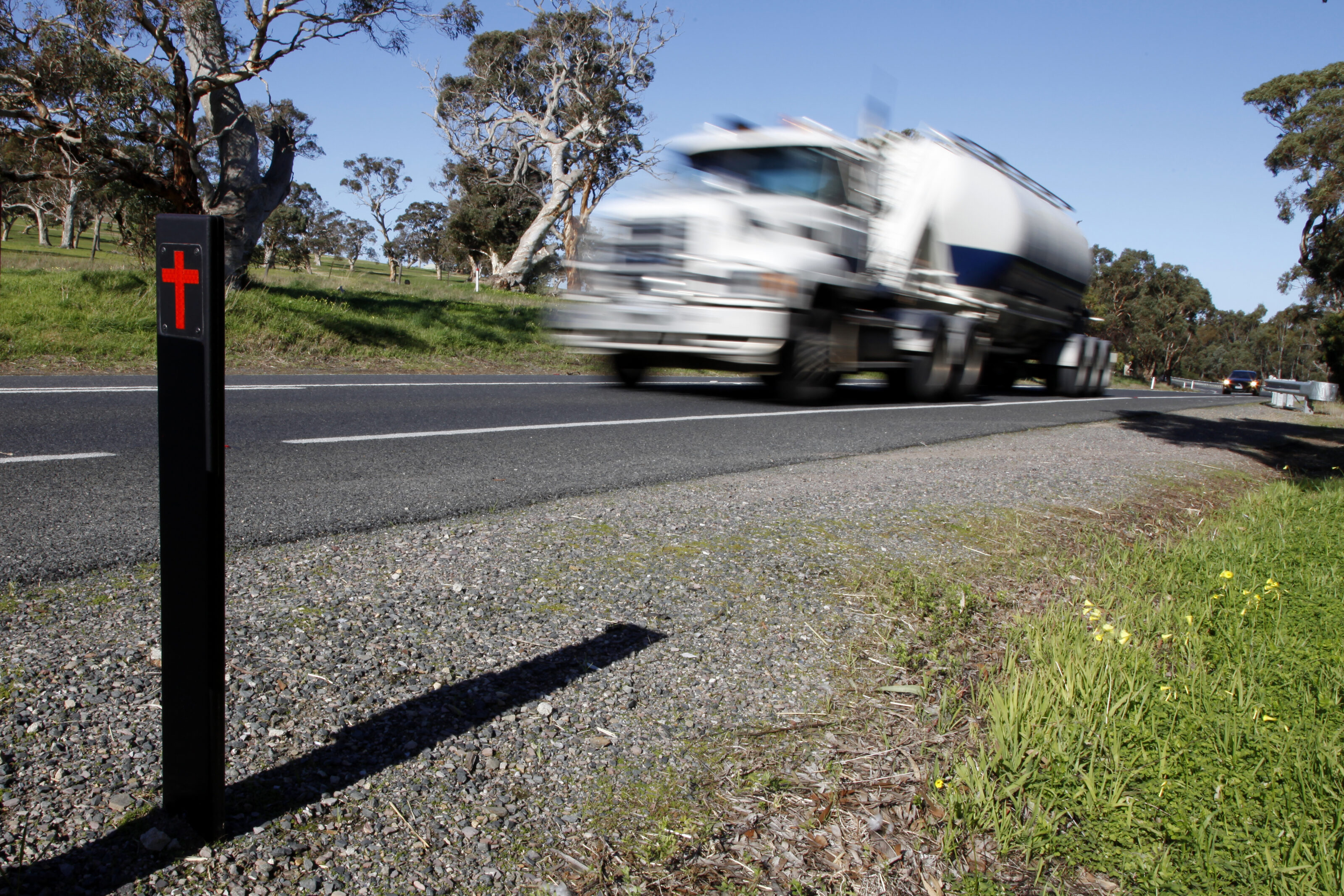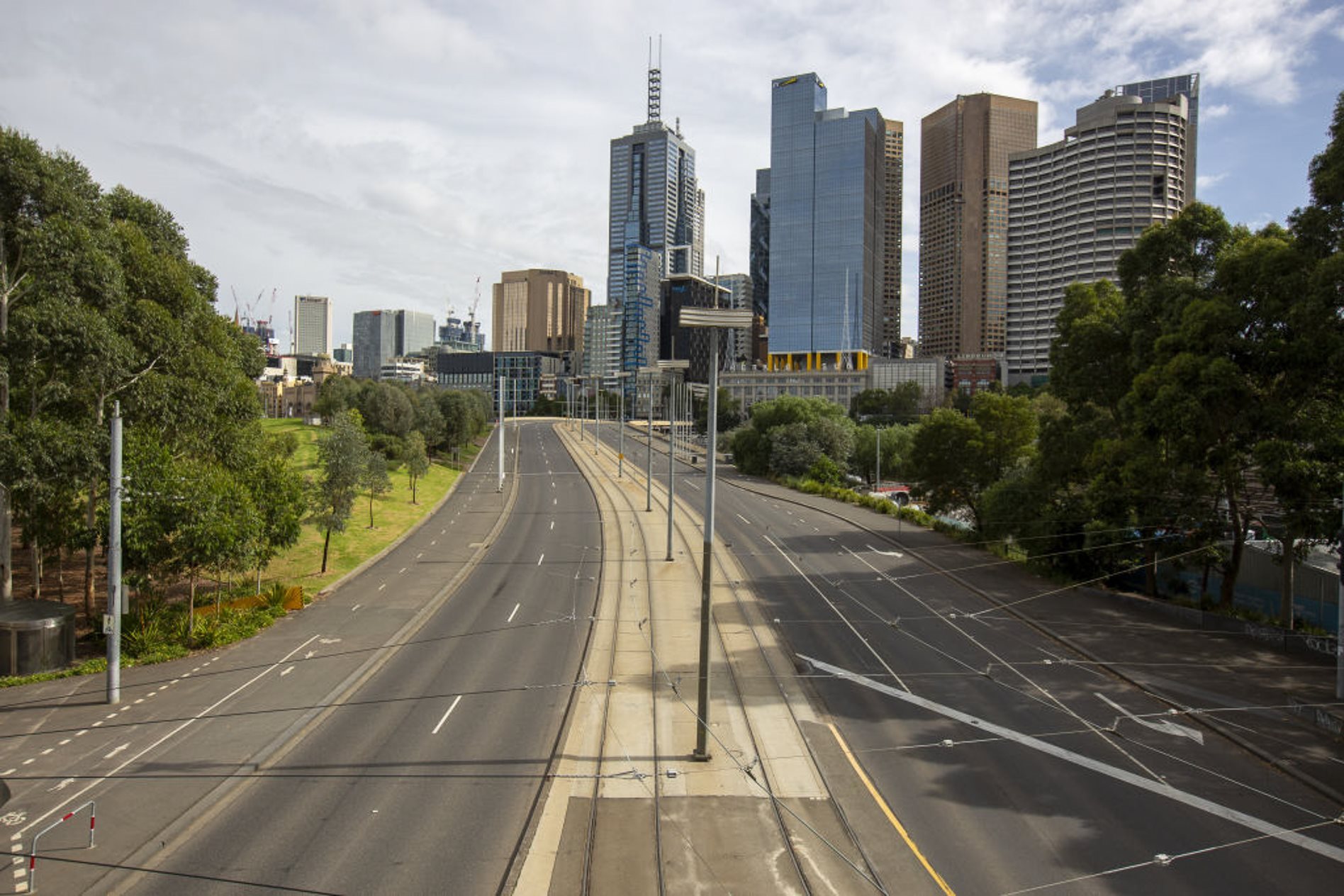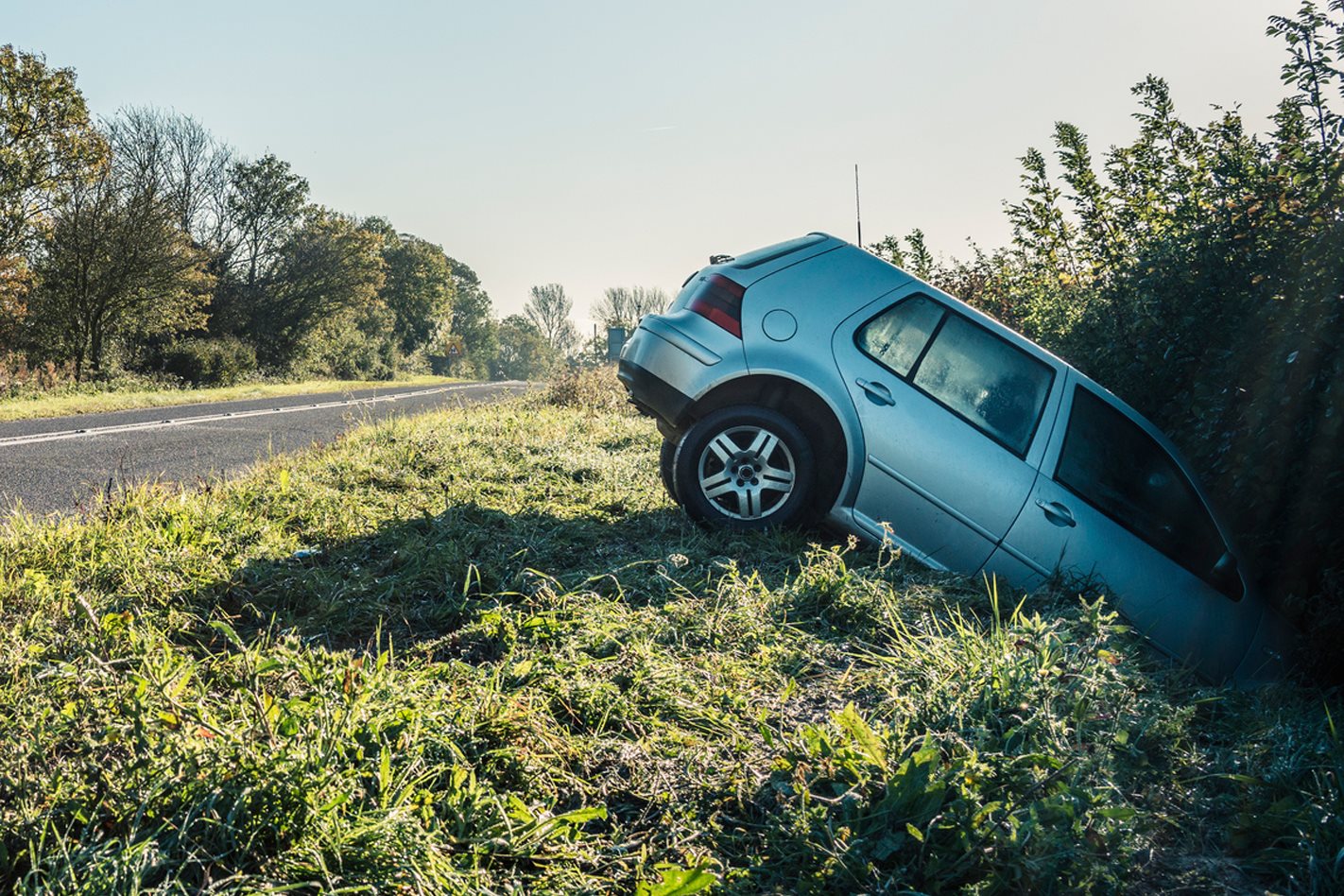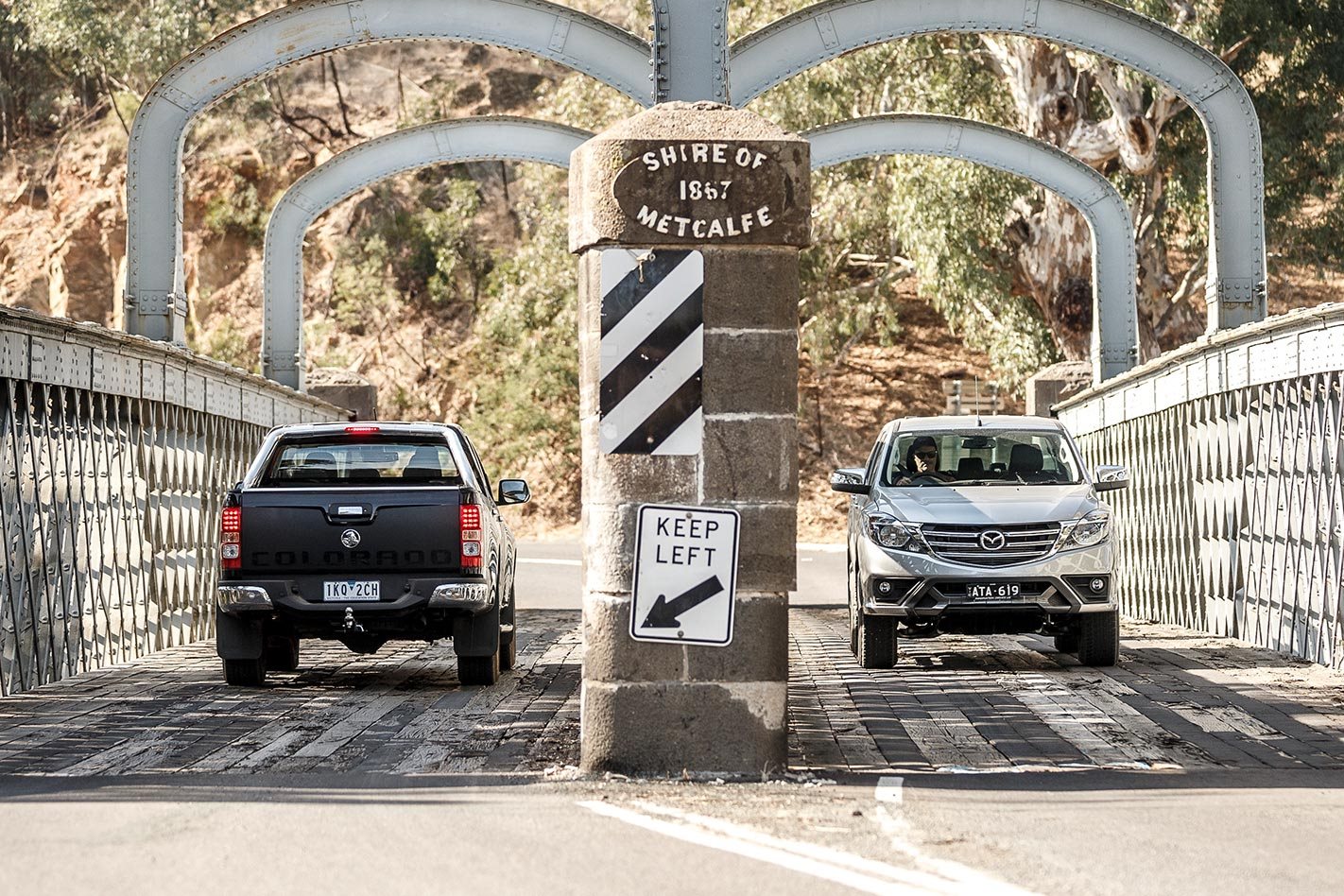
Snapshot
- Poor rural roads recognised as a major contributor to the road toll
- Calls for driver training to include handling regional roads.
- Report urges federal and state governments to act
The poor state of rural roads across Australia has been significantly contributed to the national road toll, according to a parliamentary report on road safety.
The wide-ranging report tabled on March 28 by the Joint Select Committee on Road Safety – titled Driving Reform: final report for the Inquiry into Road Safety – investigated a range of factors affecting road safety ranging from vehicle safety, infrastructure, driver education and licensing, and road-safety funding.
Submissions made to the parliamentary inquiry expressed concerns that drivers face significantly elevated risks on regional roads compared to roads in metropolitan areas.

Reasons included unsafe speeds and increased risk-taking due to reduced traffic and lower police presence.
But according to the National Rural Health Alliance (NRHA), a highly significant factor is the poor condition of rural roads which provide little room for error.
“Rural roads are often loose, unsealed, and potholed, and poorly engineered, with inadequate lighting and few safety barriers,” the NRHA said in its submission.
“These conditions combine to contribute to the unacceptable level of road safety hospitalisations and deaths of rural road users. Upgrading, sealing, and regularly maintaining the quality of roads will play a significant role in reducing people’s risk of injury.”

The Monash University Accident Research Centre expressed similar concerns, stating programs to upgrade the rural highway network and priority state arterials to Safe System standards are essential if fatalities and serious injuries are to be eliminated by 2050.
The MUARC recommended installing flexible barriers on all road edges, upgrading high-speed rural intersections to Safe System standards with measures such as roundabouts.
It also stressed the need to maintain road markings to ensure driver-assist assistive technologies such as lane-keeping assist can function effectively, and facilitate the introduction of autonomous vehicles.

Meanwhile, the Royal Australasian College of Surgeons (RACS) recommended a safety star rating for all roads on the network (noting that at present just 200,000km of 900,000km is rated), so that funding can be targeted to areas of greatest need.
These and other submissions led to a string of recommendations in the report for improving rural roads, which compel the federal and state and territory governments to work together to:
- Review and investigate ways of improving funding arrangements with a focus on increasing the amount of funding dedicated to safety improvements on and around regional, rural, and remote roads.
- Ensure driving on roads outside of metropolitan areas, with a focus on driving on rural and remote roads is included in driver training; and
- Improving the quality and timeliness of post-crash responses in regional, rural, and remote areas.
- Support the design, construction, and maintenance of high-quality road infrastructure that minimises the likelihood and severity of road crashes;
- Encourage the uptake of modern vehicles fitted with proven safety features;
- Effectively manage speeds to safe levels and deter unsafe behaviours;
- Ensure all road users are equipped with the knowledge and skills to identify and respond appropriately to road safety risks;
- Embed road safety as part of ‘business as usual’ in public and private sector organisations;
- Promote safety for gig economy participants that use the road as a workplace;
- Enhance road safety in the heavy vehicle sector; and
- Contribute to effective post-crash response and trauma support.
“As this report coincides with the Federal Budget, the committee also calls on the Government to invest in safety for all Australians by committing sustainable funding to measures which reduce deaths and serious injuries on our roads.”
We recommend
-
 News
News2021 Australian road toll increases in spite of lockdowns
Quieter roads didn't lead to safer roads in 2021
-
 News
NewsAustralian study highlights benefit of modern safety tech in cars
There are a host of factors which come into play to determine whether a crash will be minor or not, but safety is improving
-
 Features
FeaturesOpinion: Are dual-cab utes increasing our road toll?
Modern ‘utes’ might have five-star crash ratings, but that’s only part of the picture.




